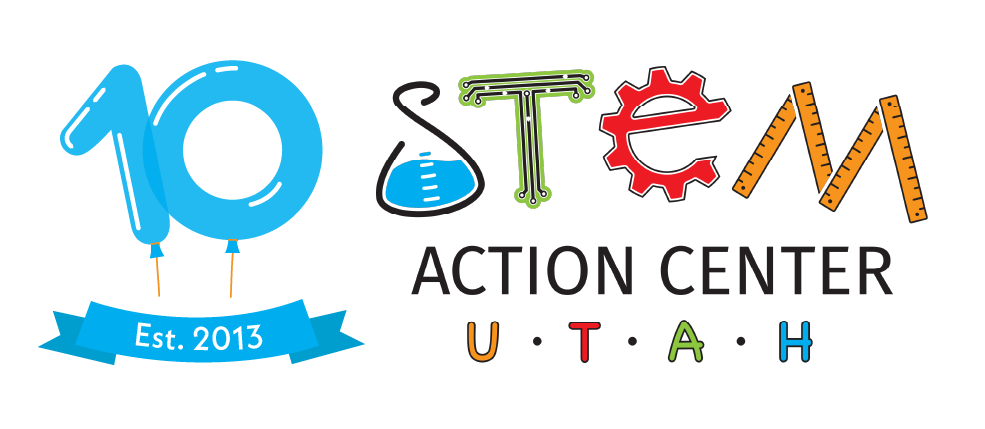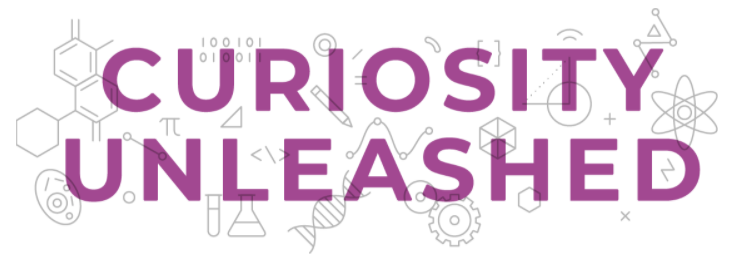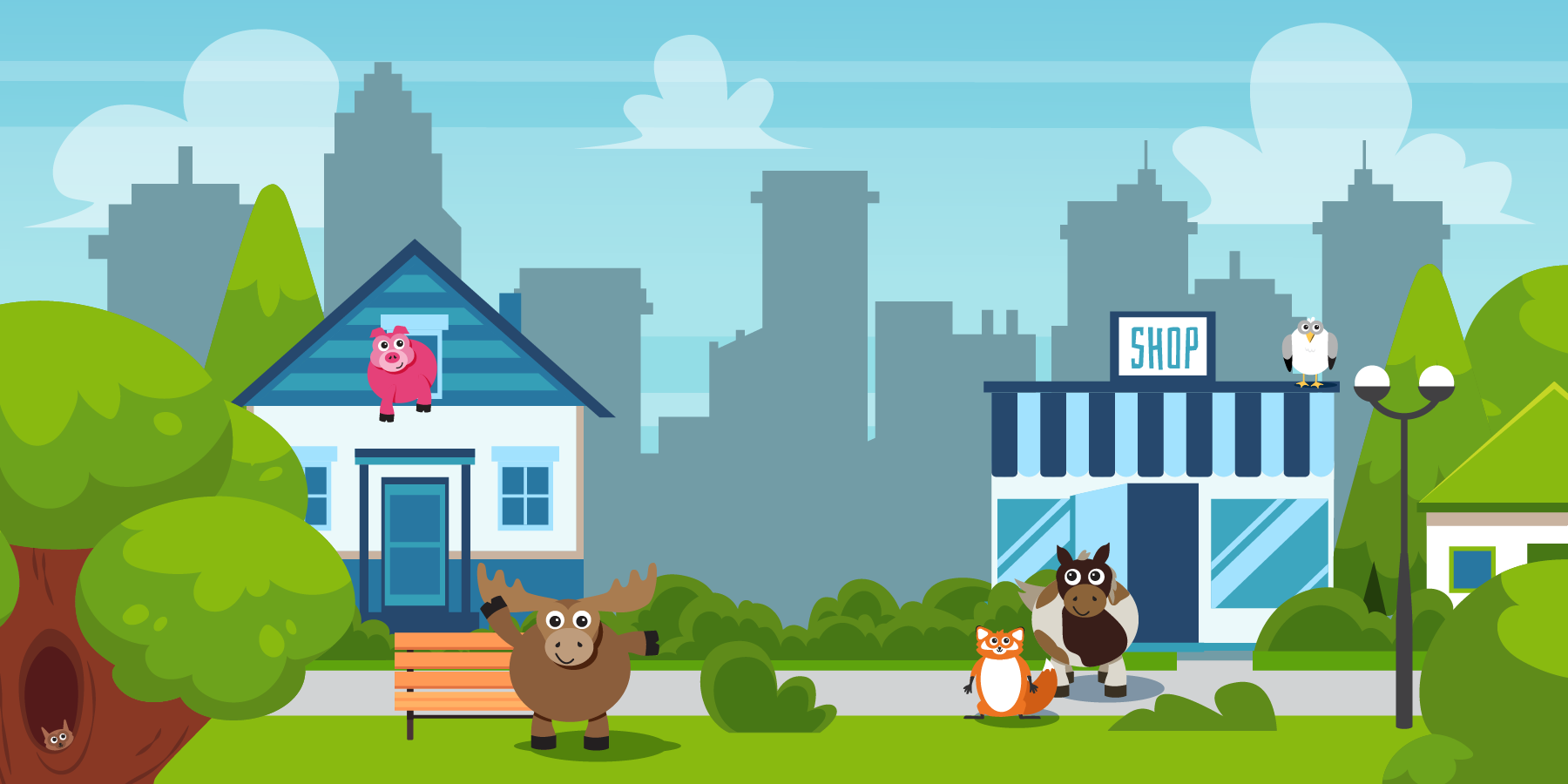
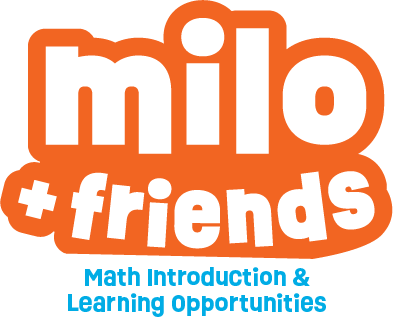
MILO & Friends promotes early math learning for kids ages 2 - 5. Discover why early math is important and where to begin.
Early math scores predict future success
Across multiple studies, Kindergarten math entry scores were the strongest predictor of academic and career achievement. Early math skills were stronger predictors than any other variable, including early reading scores, attention skills, socioemotional behaviors, SES, and gender.
Talking to kids about math mediates gaps
Studies show that caregivers' spatial language predicts math entry scores for students entering kindergarten. However, 93% of caregivers say they don't have the knowledge or resources to do math with kids ages 0-5. Even small changes in how we talk to children can help.
Math with toddlers can be simple and fun
Everyday activities can become math learning for young kids. Sort and count things like toys and snacks. Compare differences in size in the objects around you. Identify shapes and count how many you see. For more ideas about how to practice math with kids explore the resources on this page.
Early Math at Home
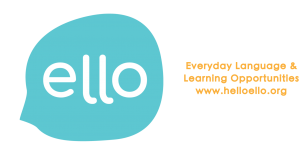
The MILO and Friends project is in collaboration with the ELLO (Everyday Language & Learning Opportunities) and Friends project. Visit www.helloello.org for more information.
Resources for Parents and Caregivers
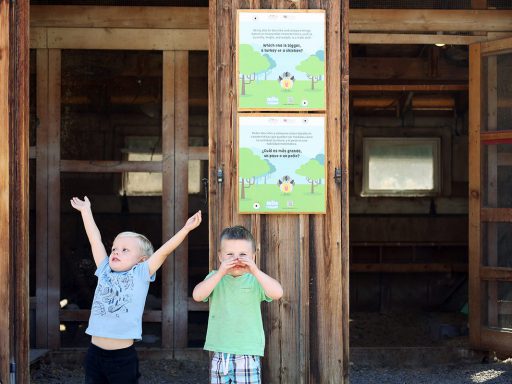
Wheeler Farm
Learn early math lessons with your young children as you explore Wheeler Farm! Look for signs along the pathways and by the animals, and try the activities with your 2-4 year olds.
In partnership with:

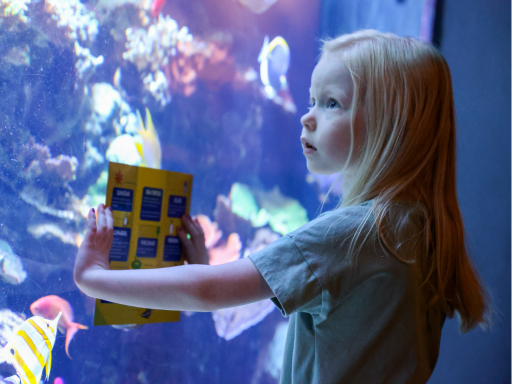
Loveland Living Planet Aquarium
Go on a scavenger hunt to find animals and learn early math lessons with your 0-5-year-old as you explore the Aquarium.
In partnership with:

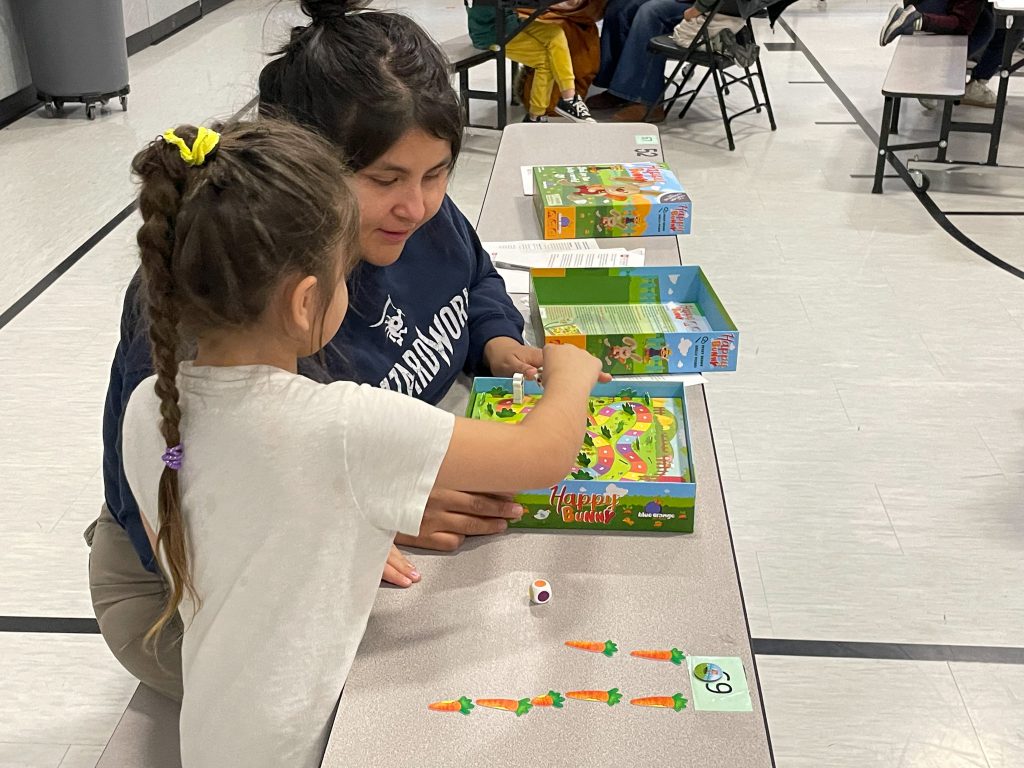
Math Games
Playing board games like "Happy Bunny" with your child, aged 2 and up, can help them learn a variety of early math skills. If you would like more information about math-focused games, contact us.
